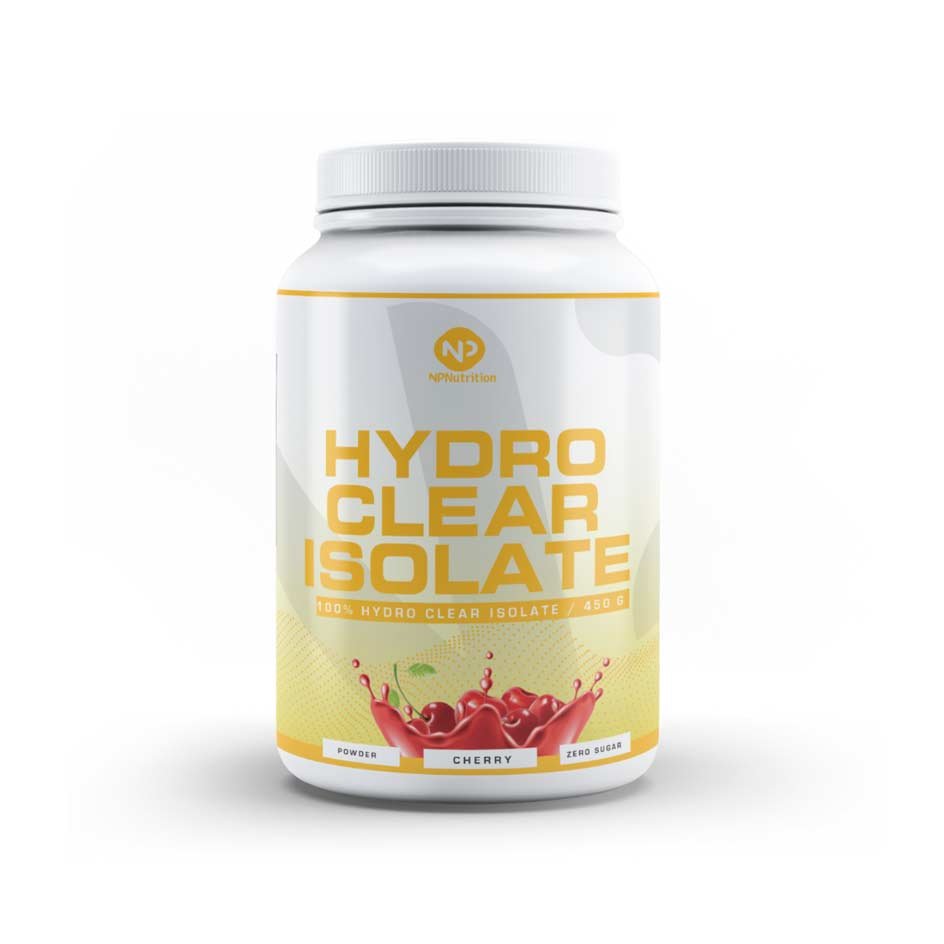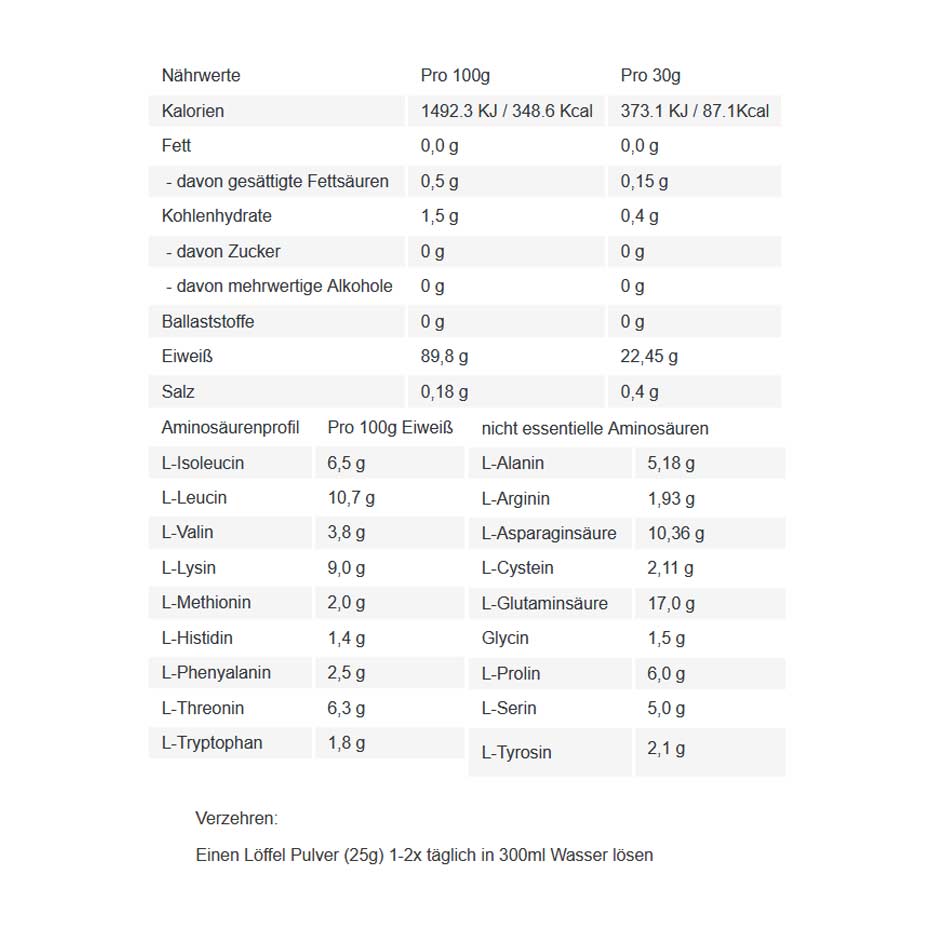Amino acids are essential components of proteins, which are essential for life. They act as fundamental building blocks for protein synthesis in the body. There are 20 proteinogenic amino acids that are essential components of body proteins, especially muscle.
Amino acids are divided into essential and non-essential types. Essential amino acids must be obtained through food because the body cannot produce them on its own. A deficiency of these amino acids can lead to muscle loss. Essential amino acids include:
- L-Leucine
- L-Valine
- L-Isoleucine
- L-Methionine
- L-threonine
- L-Lysine
- L-tryptophan
- L-phenylalanine
Non-essential amino acids, on the other hand, are produced by the body itself. They do not necessarily need to be ingested through food. These include:
- L-Cysteine
- L-Arginine
- L-Alanine
- L-tyrosine
- L-Asparagin
- Aspartic acid
- Serine
- Proline
- Glycine
- L-Glutamine
- Glutamic acid
The classification of the amino acid L-histidine is controversial: some experts consider it essential, while others classify it as non-essential. There is also the concept of semi-essential amino acids, which require external supplementation under specific circumstances, such as growth or disease.
Amino acids for muscle building
Essential amino acids (EAAs) are considered crucial for muscle building. Muscle mass can only be built when all essential amino acids are present in sufficient quantities. EAA supplements contain all eight essential amino acids required for protein synthesis and muscle recovery. Intensively training athletes often have an increased need for essential amino acids or proteins. If these needs cannot be met through diet, supplementing with proteins or EAAs is beneficial.
Benefits of buying EAAs
- Fast supply of vital amino acids
- Basic building blocks for protein and muscle building
- Ideal for a low-calorie protein supply
- Rapid absorption in the body
EAAs offer the advantage of providing essential amino acids in free form. Unlike protein-rich foods, EAAs do not require digestion but are available directly, especially in powder form that dissolves in liquid.
BCAAs (branched-chain amino acids) are also among the most popular amino acid supplements for muscle building. L-leucine, L-isoleucine, and L-valine – the BCAAs – are particularly important. L-leucine, in particular, stimulates protein synthesis and is relevant for muscle building.
While amino acids like arginine and citrulline don't directly support muscle building, they are popular among bodybuilders and strength athletes. Arginine is the precursor to nitric oxide (NO), which triggers vasodilation in the body. Citrulline can improve performance.
Dosage form of amino acids
Amino acids are available in various forms: powder, capsules, or tablets. Each form has its own advantages and disadvantages. Powder enters the bloodstream faster than capsules or tablets. Capsules are tasteless and easy to take, while tablets provide a long-term supply.
Time of intake of amino acids
The optimal time to take amino acids depends on the type of supplement. BCAAs and EAAs are usually taken around training. Amino acids with calming properties, such as L-tryptophan, are suitable before bedtime. Arginine and citrulline, which are associated with muscle pumps, should be taken before training.
What should you pay attention to?
Some amino acids are available in different forms that differ in their bioavailability. Arginine AKG, for example, has better bioavailability than L-arginine. If your budget is limited, it makes sense to focus on the most important amino acids first, depending on your training goals and nutritional situation. EAAs are a good choice for muscle building before considering arginine supplements.



























